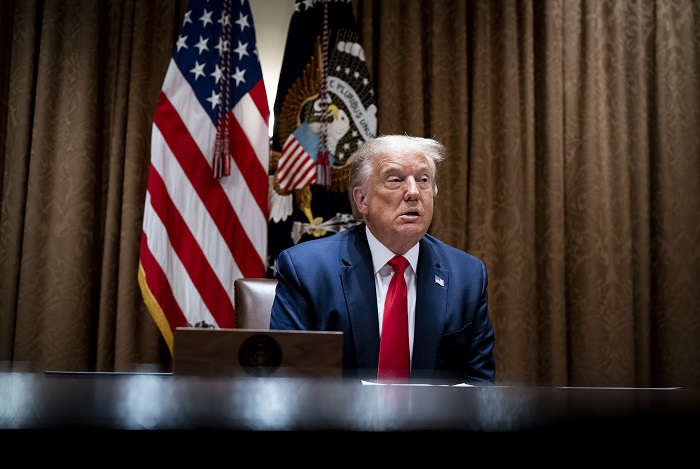The IMF’s global forecast shows the world economy has proven resilient, with richer countries having made up for lost pandemic growth.
The US continues to outperform all its peers in the G7 group of advanced economies as the presidential election looms. Its economy is forecast to grow 2.8% this year and 2.2% next year.
The US has seen productivity gains outstripping wage growth, and has, according to the IMF, been “bolstered by substantial immigration flows that helped cool labour markets”.
Europe’s major economies, remain sluggish, especially Germany, but Spain is growing rapidly, by 2.9% this year and 2.1% next year.
Ahead of what is expected to be a tough Budget, the IMF backed maintaining and increasing public investment as being “positive” for growth, especially in areas that boost productivity and competitiveness, for example digital and public infrastructure.
The IMF pointed to internal research showing countries that spend a high proportion of their budgets on investment have significantly faster growing economies.
Reeves has inherited Conservative plans for a notable cut to public investment, measured as a share of the national economy.
The Treasury has clearly signalled in recent days that it could reverse that policy, instead maintaining or increasing investment.
Reeves is also expected to confirm in the Budget that the way in which the government defines its self-imposed rules on reducing the national debt will change to accommodate more investment in infrastructure projects.
Elsewhere in the world, the sanctions-hit Russian economy has had its forecast upgraded yet again, as its move to a war economy supports growth. This year it is expected to expand by 3.6%.
However, next year growth is expected to fall dramatically to 1.3% as private consumption and investment slow.
The IMF pointed to concerns that emerging economies had been left with more “permanent scars” and more persistent inflation from recent global crises.
Credit: Source link











